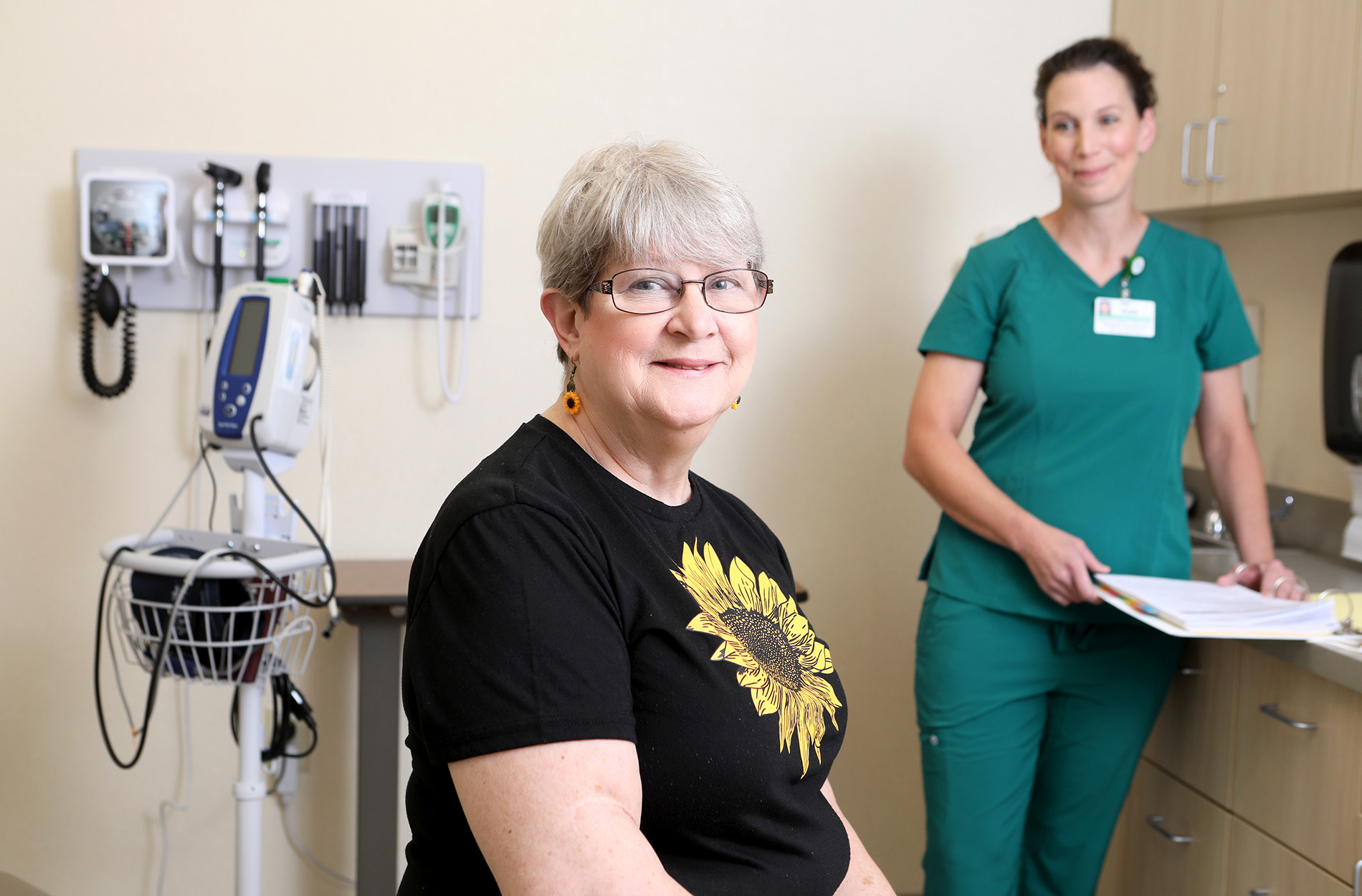The world was shocked by the death of famous actor and South Carolina native Chadwick Boseman recently. He died of colon cancer at the young age of 43.
In this WLTX interview, Dr. Scott Graupner of Lexington Oncology, a Lexington Medical Center physician practice, talks about the increasing rates of colon cancer in younger adults, especially African Americans, and offers advice about prevention.
Colon cancer is the second leading cause of cancer death in the United States, but it’s also the most preventable type of cancer – curable when found and treated early.
Colon cancer is a tumor that usually starts as a precancerous polyp inside the colon – also known as the large intestine.
Symptoms include changes in bowel habits such as diarrhea or constipation, crampy abdominal pain, unplanned weight loss, blood in the stool or dark stools.
Risk factors include diet – especially red meat and processed meats such as hot dogs and some lunch meats. Other risk factors are obesity, smoking and heavy alcohol consumption.
It’s also important to know if your family has a history of colon cancer as there may be genetic connections.
Statistics show that African Americans are 20 percent more likely to develop colon cancer and are more likely to die from the disease. Experts believe that poor access to health care, lower screening rates, high fat diets and genetics play a role, but are still conducting research.
The best way to diagnose colon cancer is with a colonoscopy. Generally speaking, doctors recommend colon cancer screening beginning at age 45. If you have a family history of colon cancer, your doctor may advise you to begin screening earlier.
Sometimes, younger adults are afraid to talk about their symptoms with their doctor because they feel it’s embarrassing. Medical providers want to hear everything that’s concerning you, so it’s important to share everything with your clinician.
Colon cancer is a serious disease, but it can be treated effectively if caught early.






Leave a comment